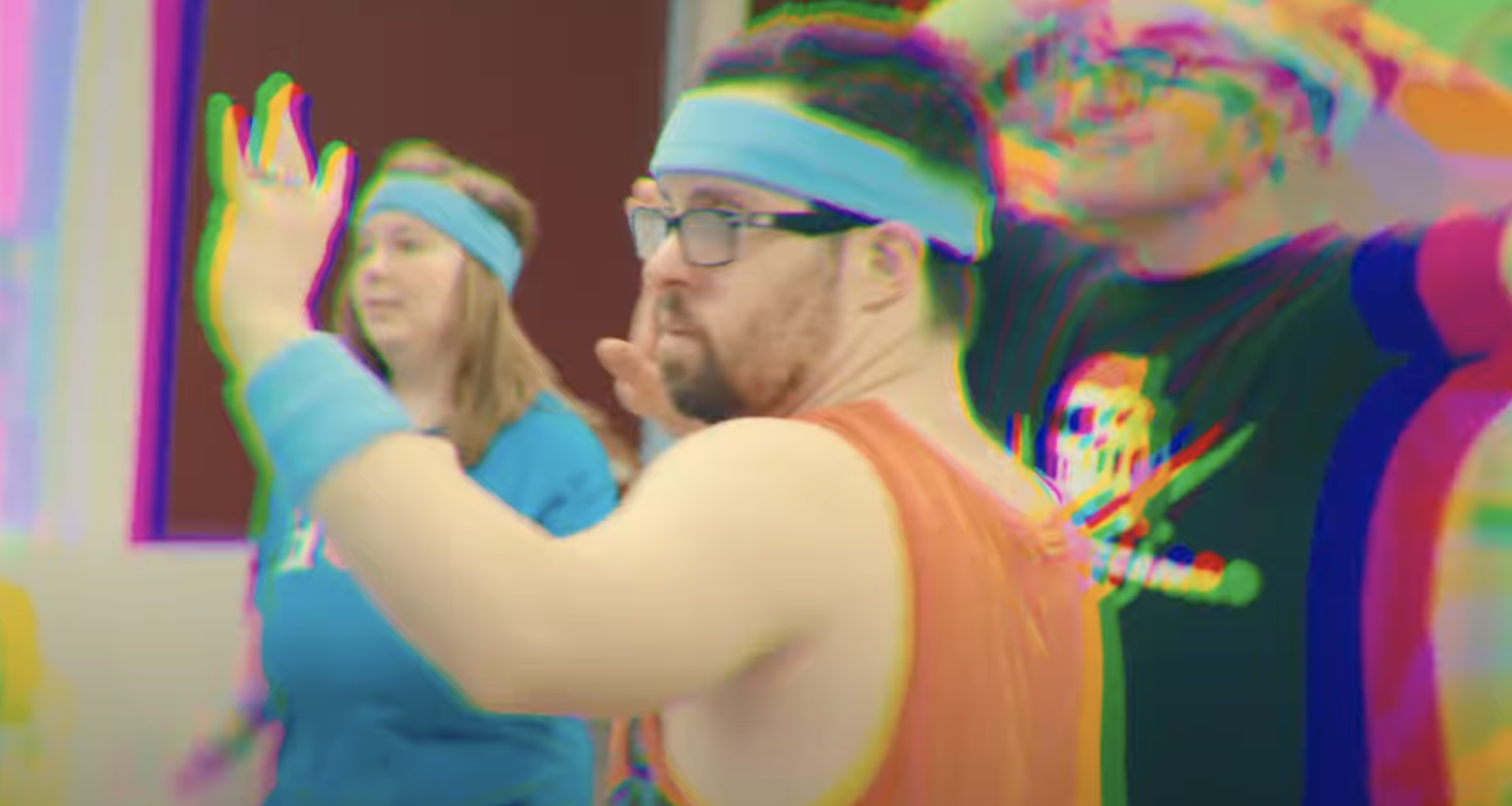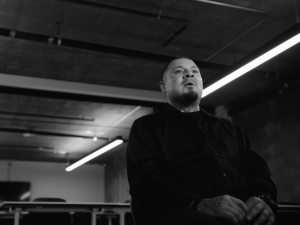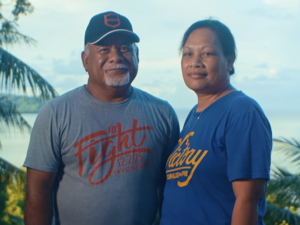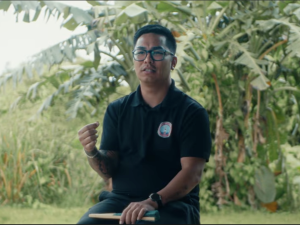Caring for an adult with Intellectual and Developmental Disabilities (IDD) is often a full-time commitment for a parent or guardian. Over time, that level of care can be exhausting and frequently leads to burnout.
Enter: the Respite Center. A chance for adults with IDD to congregate for the day, spend time with friends, do crafts, play games, sing karaoke, and dance. Participants can spend a half- or full-day there, enabling their parent or guardian to take a break from caregiving—to get some rest, run some errands, or just “take a sip of my coffee.”
The Salvation Army in Anacortes, a small seaside town in Washington State, has created a meaningful partnership with a local nonprofit, Cascadia Clubhouse, to provide care and support to adults with IDD and their families, and in return, has received more love than it could ever give.
Below is a transcript of the video edited for readability.
Lt. Brett Harrison: Before we even arrived here in Anacortes, we heard how beautiful it was. And driving in, it was just…took our breath away.
Lt. LaShan Harrison: It’s just such a great vibe. Small town feel, there’s like 18,000 people. Such loving community.
Lt. Brett Harrison: We thought that youth ministry would be our thing. And we showed up and we had four youth, and they were all from the same family. And we said, okay, maybe God has other plans for us and our ministry.
We had two adults with intellectual and developmental disabilities (IDD) that came to church already. And we started inviting them to programs and really hanging out with them, fell in love with them quickly.
We said, we have to do more, we have to do more with this community. And God just shoved it on our plates.
The Life Skills Club is basically teaching them life skills. Basic things. Like, cooking meals in the microwave or baking.
Lt. LaShan Harrison: Money management, pet care, health and hygiene, conflict resolution and conflict management.
Lt. Brett Harrison: Things that maybe they learned when they were young or in home ec or in high school, but things that they just have not been retaught throughout the years.
We have a lot of down syndrome individuals. We have a few cerebral palsy, autism. We also have across the map in neurodivergent.
Lt. LaShan Harrison: They’re mostly adults from about 18 to, I think our oldest might be in their 50s.
Lt. Brett Harrison: We don’t put any age cap on any of our programs and they all fit in together and it’s beautiful.
[The Salvation Army also partners with Cascadia Clubhouse to host a drop-off “Respite Center,” to care for IDD adults during the day and give their caregivers a break.]
Seanna Herring-Jensen: There’s nothing in the county that works with families who have somebody with a developmental disability. So they don’t get respite, and they don’t get a break.
There’s very few assisted programs at all. It’s estimated that 15 to 19% of the population has a developmental disability. So there was a need and [The] Salvation Army is doing a lot with this population.
Lt. Brett Harrison: These caretakers, it is their full time job to take care of their adult with IDD. And everyone needs a break from each other every once in a while and we want to help with that too. So, families drop off their adults with IDD here. It’s every Friday. They are here from 8:30 am to 4:30 pm.
Jane Boza: For me as a mother, having this program in our community is so important. Because I will have time to have a break, not being worried about my daughter in a place where she can enjoy with friends, have her own activity while I take a sip of my coffee.
Seanna Herring-Jensen: So they’ll come in and some will just hang out, do whatever they want. Others get together with their friends.
Jane Boza: We normally have fun, activities.
Lt. Brett Harrison: They play bingo, they do crafts, they sing karaoke. To just be themselves and experience community and fellowship and friendship. They love it so much.
Lt. LaShan Harrison: This evening we’re gonna do Zumba. And so that’s gonna be a blast. We’re gonna have one of them actually teach the class because she taught Zumba before.
Lt. Brett Harrison: Daniel has down syndrome. He is a blessing, and he loves food. And his girlfriend.
Lt. LaShan Harrison: And his girlfriend, yes, for sure.
Lt. Brett Harrison: Ask him about Celine Dion and his girlfriend. He sings Celine Dion to her. They’re beautiful. Yeah.
Seanna Herring-Jensen: They want the same life that we have. They want to be able to get married and have kids, have jobs, have their own place.
It should be that they can go to an apartment, or a place with a couple of roommates and have somebody that’s with them during the day and checks in on them. So they can live independent.
Lt. Brett Harrison: If we could see one of them be able to live independently because of something that they learned here, or the relationship that we have formed, or just their sense of community, that would be beautiful.
Inclusion is not hard. And I think that this can work in any community if people reach out, create a space where they feel safe and welcomed and loved. It’s not hard. Inclusion is easy.
Jane Boza: We are so hopeful that it’s gonna expand not only here in Anacortes, but all over the state. This is a good program that every parent, every member should enjoy.
Lt. Brett Harrison: Jesus loved everybody, and we have been called to do that, and what a beautiful opportunity in a community where society looks down on these individuals, or may walk the other way or don’t understand them.
And we’re able to provide love, and that community has been life-changing. Their parents think that we’ve helped change their lives, but they have absolutely changed ours.
Do Good:
- See more videos like this in our video feed.












